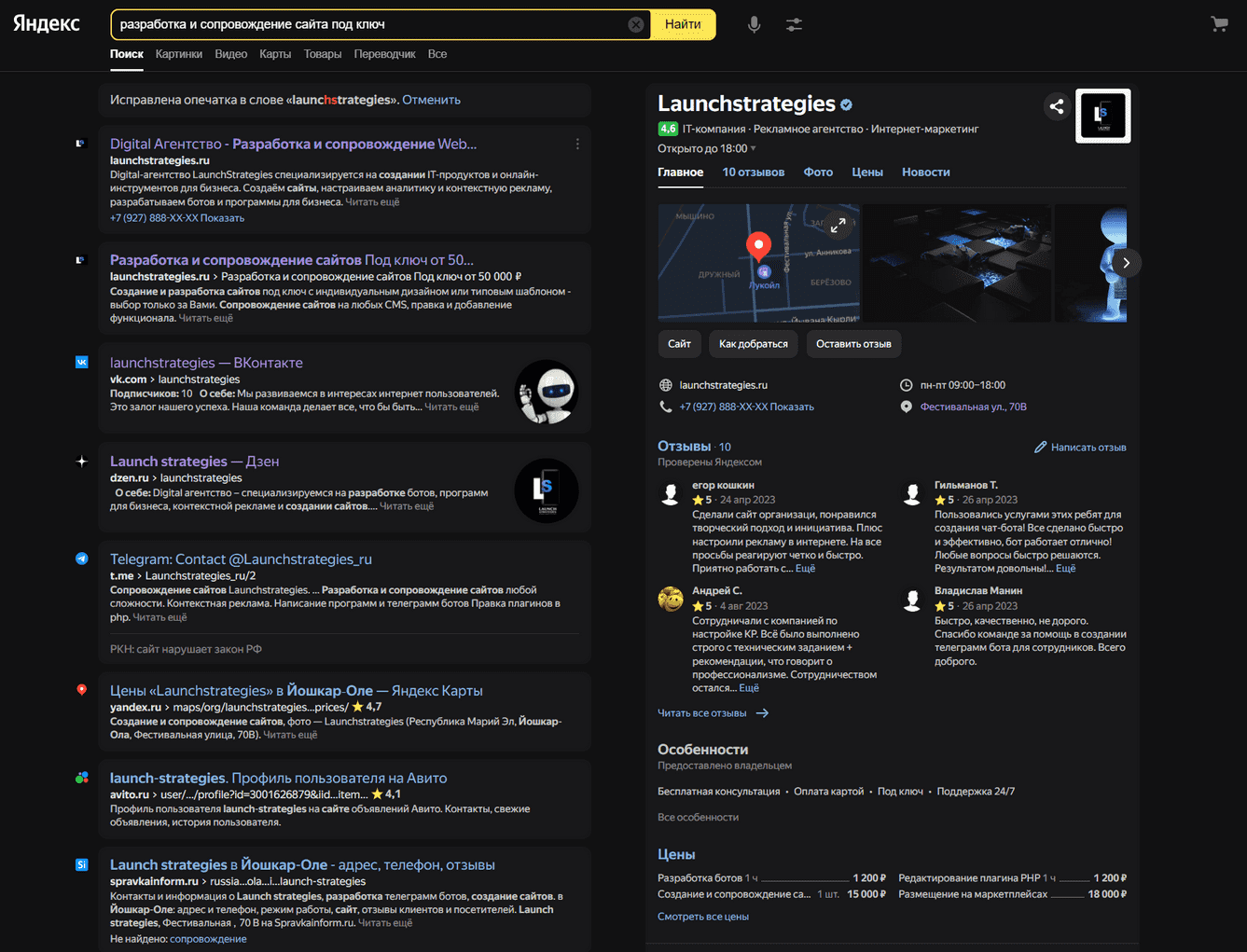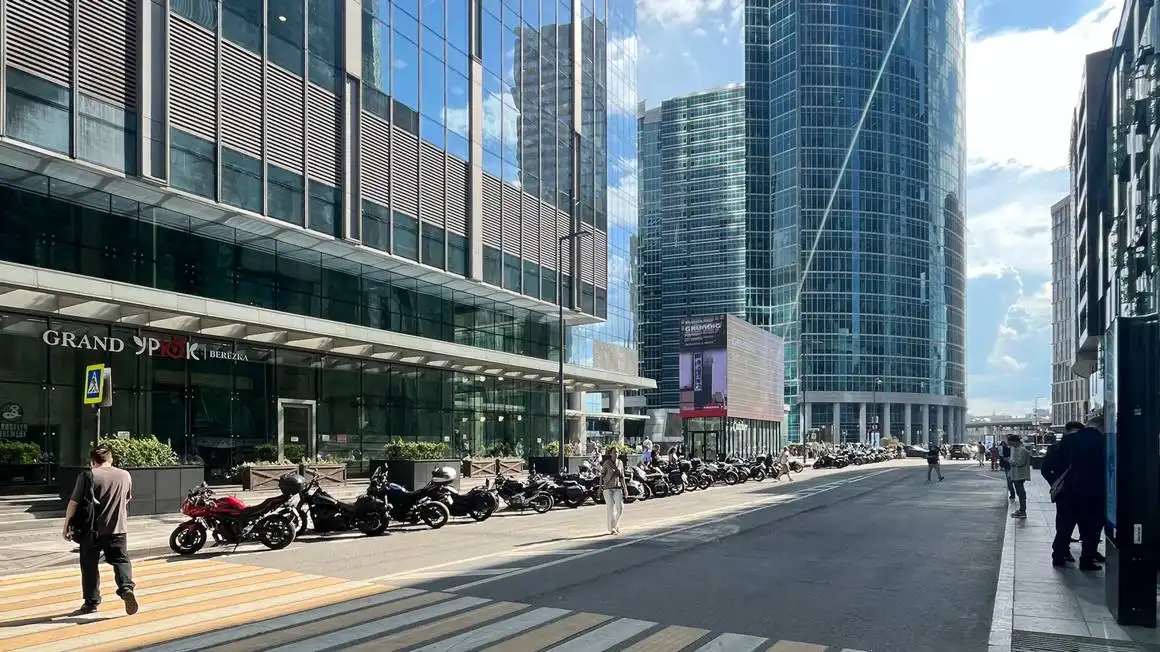What is a website CMS?
CMS (Content Management System) is a site content management system that allows you to manage and edit content on a site without the need for knowledge of programming languages. Using the CMS, you can create, modify and publish pages, add news, photos, videos and other content items. The CMS also provides a user-friendly interface for managing various website features such as design templates, security settings, and user management. Some of the popular CMS include WordPress, Joomla, Drupal and Magento.
Sites without CMS?
Websites without a CMS are created using programming languages such as HTML, CSS, JavaScript and PHP. In this case, all changes on the site must be made manually, without the possibility of using a convenient content management interface. Creating and maintaining such sites requires high programming skills and can be quite a laborious process. However, some companies choose to use this approach to create websites in order to gain complete control over all aspects of the site and create unique designs and functionality.
Advantages of a site with a CMS and a site without a CMS
Benefits of a website with CMS:
- user-friendly content management interface that allows you to quickly and easily add, modify and delete content on the site;
- the ability to use ready-made design templates and functionality, which speeds up the process of creating a site;
- the ability to expand the functionality of the site using plugins and modules;
- updating the CMS and its components ensures the security of the site and protection against vulnerabilities.
Benefits of a site without CMS:
- full control over all aspects of the site, including design and functionality;
- the ability to create a unique design and functionality that is not limited to templates;
- a higher level of security, since there is no dependence on updates to the CMS and its components;
- the ability to optimize the site for specific needs and requirements.
How are websites hacked?
There are many ways to hack websites, but some of the more common ones include:
SQL injections: Attackers can use unauthorized SQL queries to gain access to a site's database and modify or delete data.
Cross-site scripting (XSS): Attackers can inject scripts into website pages that can be used to redirect users to malicious sites or steal personal information.
Phishing: Attackers can create fake pages that look like official website pages in order to gain access to a user's login and password.
Password cracking: Attackers can use weak passwords or brute-force password techniques to gain access to the site administrator account.
Vulnerabilities in the CMS: If the CMS is not regularly updated, then attackers can use known vulnerabilities to gain access to the site.
Cross-Site Request Forgery (CSRF): Attackers can send fake requests to a server to change data on a site without the user's permission.
To protect the site from hacking, you need to regularly update the CMS and its components, use complex passwords, check input data for malicious scripts, and install additional security measures such as SSL certificates and two-factor authentication.




